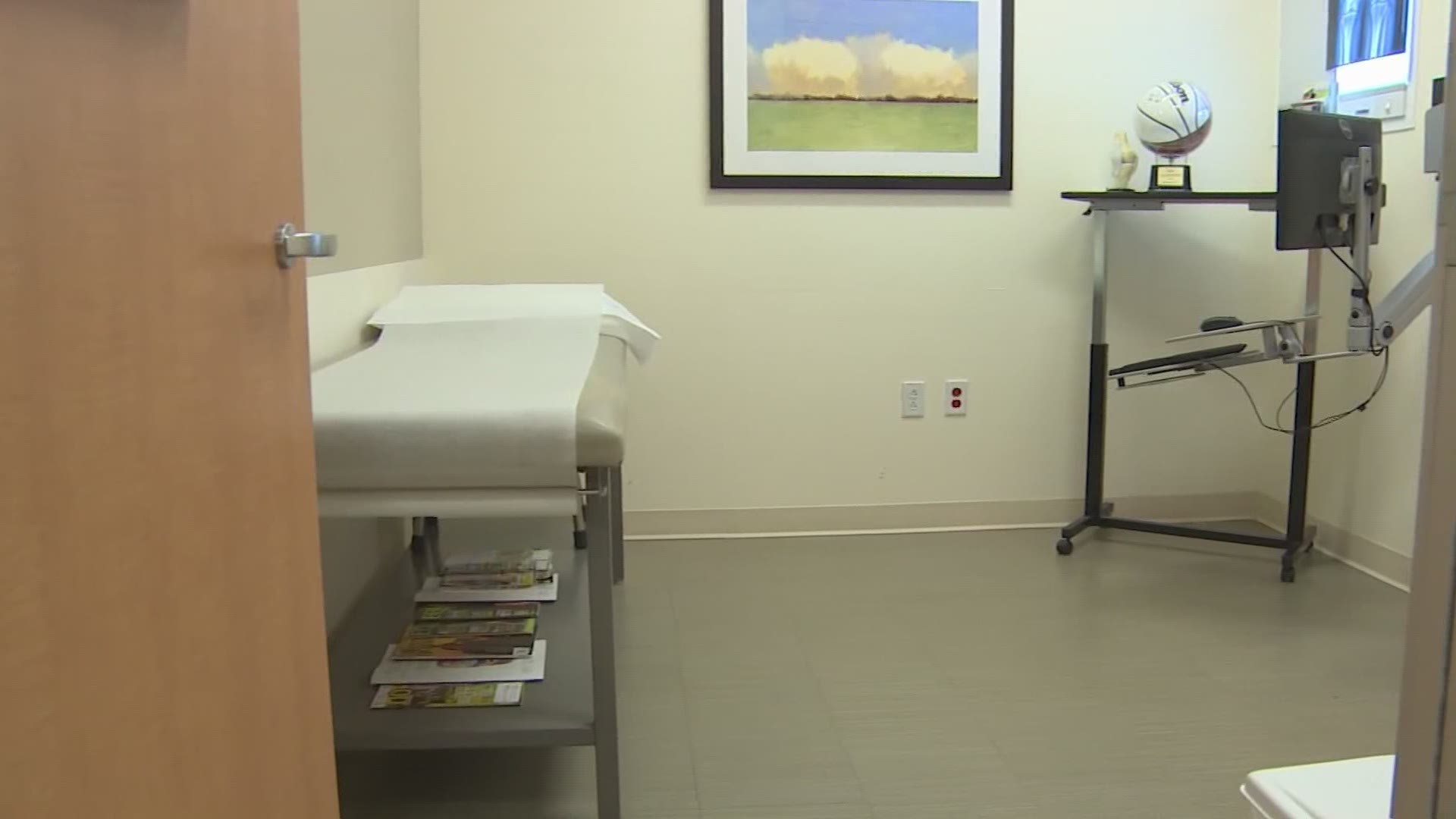HOUSTON — As we approach a year into the COVID-19 pandemic, the National Institutes of Health is now focusing on the long-term effects of the virus. The symptoms can range from sleep disorders and brain fog to fevers and depression. In December, Congress approved $1.15 billion for a four-year-long study of the health consequences of COVID-19. Doctors want to know if contracting the virus increases a person’s risk for chronic heart or brain disorders.
One of the lingering symptoms doctors are looking into is the loss of taste and smell. Doctors at Baylor College of Medicine are collecting data from patients they’re seeing in Houston.
Even after they recover, Dr. Sunthosh Sivam says about one-third of patients report not being able to taste or smell. Some research shows younger patients and women are possibly even more affected.
Sivam is an ear, nose and throat doctor, and over the last year, he’s worked with COVID-19 patients who’ve lost their sense of taste and smell.
“I wish I could say that once the virus is out of your system that all of the problems are done, but that hasn’t been the case,” Sivam said. “For about a third of people, once they get the virus and they have the symptoms of decreased smell and taste, their symptoms usually resolve (in) about seven days. But as we are learning more about COVID-19 and following these patients for a longer period of time, there’s another third that actually hasn’t responded, and so those people tend to have longer periods of time without smell or taste.”
Eight months after beating COVID-19, Steve Muenich said he’s still not 100% back.
“I mean, I can taste them now and I can smell things, but they’re not how they used to smell,” he said.
From his home in the Rio Grande Valley, Muenich is using essential oils to basically retrain his brain by focusing on one specific smell, each day, for months.
“We are, more or less, retraining the brain. So the way I explain it is, it’s really physical therapy for your nose,” Sivam said.
There’s no harm in people smelling specific scents at home. But, Muenich said he's staying in communication with his doctor because it's best to retrain your senses under medical supervision. Doctors can rule out allergy or sinus disorders as the cause for the decreased sense of taste or smell.

